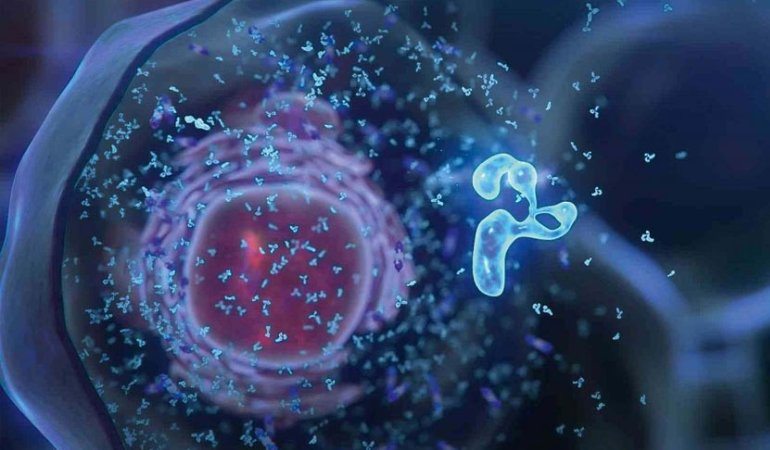- Mon - Sat 9:00am - 9:00pm
- Sun 9:00am - 2:00pm
- No 218, South Service Road, Phase1,
- Sathuvachari, Vallalar, Vellore - 632009
- Landmark: Near Vallalar Bus Stop
Onco Surgery
Testimonial
Frequently Asked Questions
-
What is surgery for cancer?In order to control or eradicate cancer, oncological surgery is a specialty area of surgery that focuses on removing tumors and surrounding tissues.
-
Which types of cancer can be surgically treated?Depending on the location and stage of the tumor, oncological surgery can treat a variety of malignancies, including breast, colorectal, lung, prostate, and ovarian.
-
What are the objectives of oncological surgery?The basic objectives are to eliminate cancerous tumours, inhibit cancer spread, alleviate symptoms, and enhance overall prognosis and quality of life.
-
What are the many sorts of oncology surgeries?Curative surgery (removal of all cancer), palliative surgery (symptom relief), and preventive surgery (cancer prevention in high-risk patients) are the three types.
-
Sentinel lymph node biopsies: what are they?Sentinel lymph node biopsy: This procedure helps identify whether cancer has progressed beyond the initial location by removing and examining the first lymph node or nodes to which cancer is likely to spread.
-
What does a surgical oncologist do?A surgical oncologist is a specialist in using surgery to diagnose and treat cancer. They collaborate closely with other oncologists and medical specialists to offer complete care.


